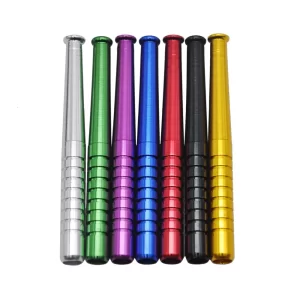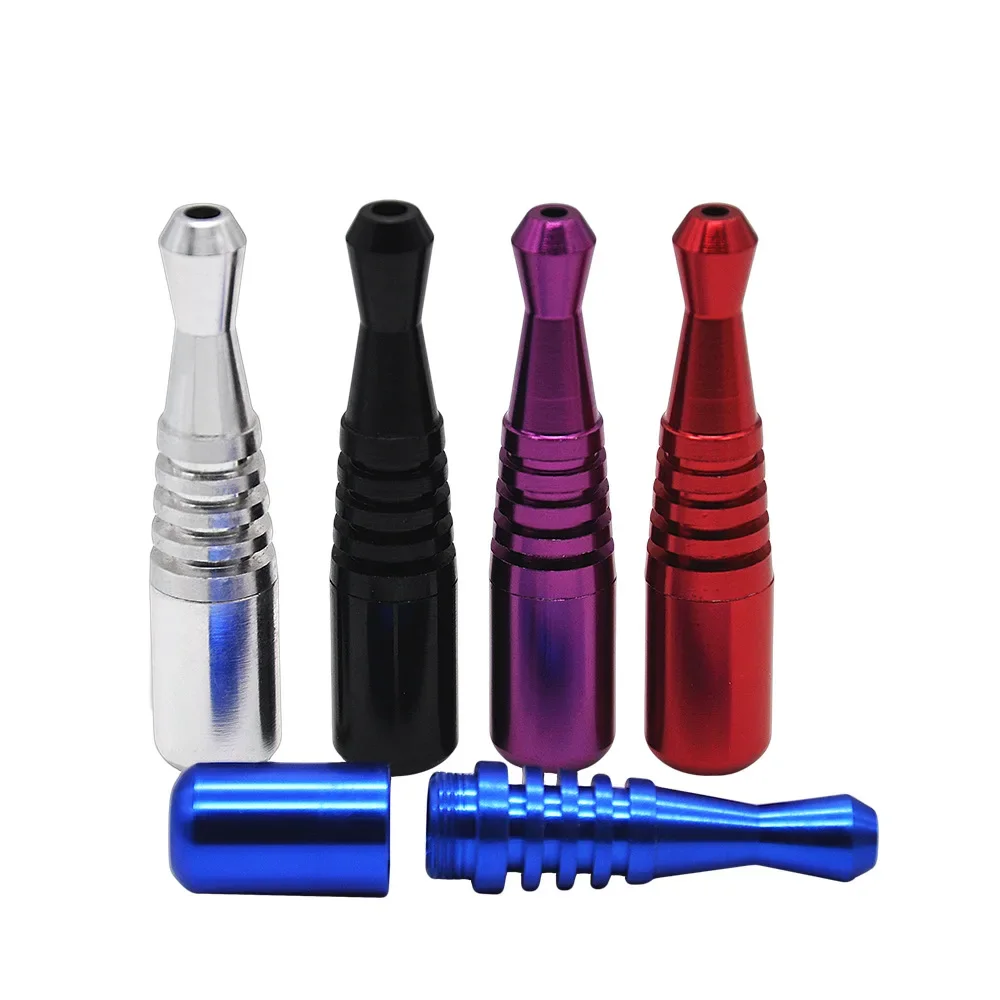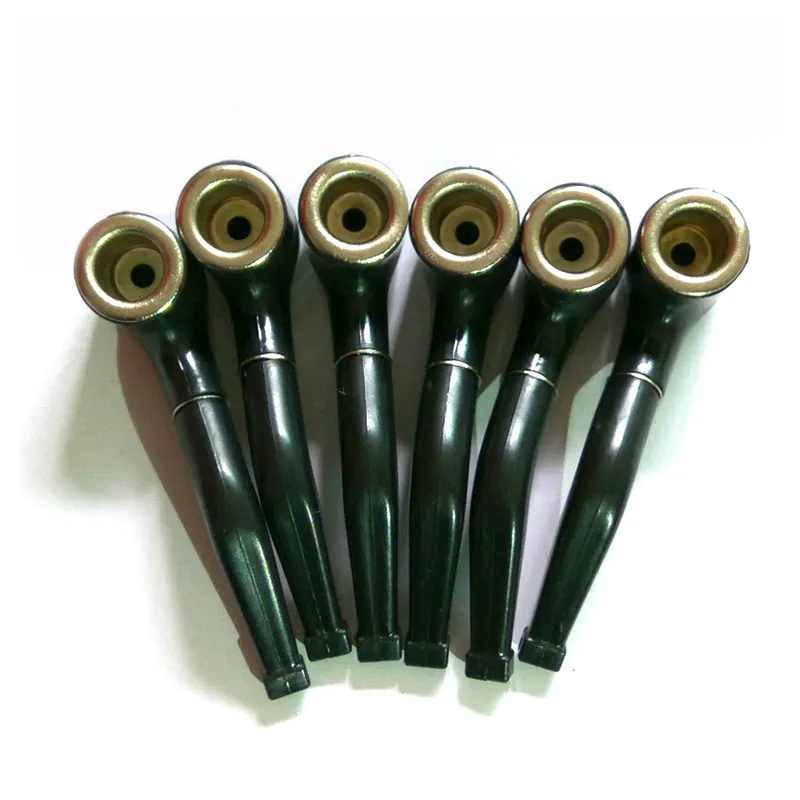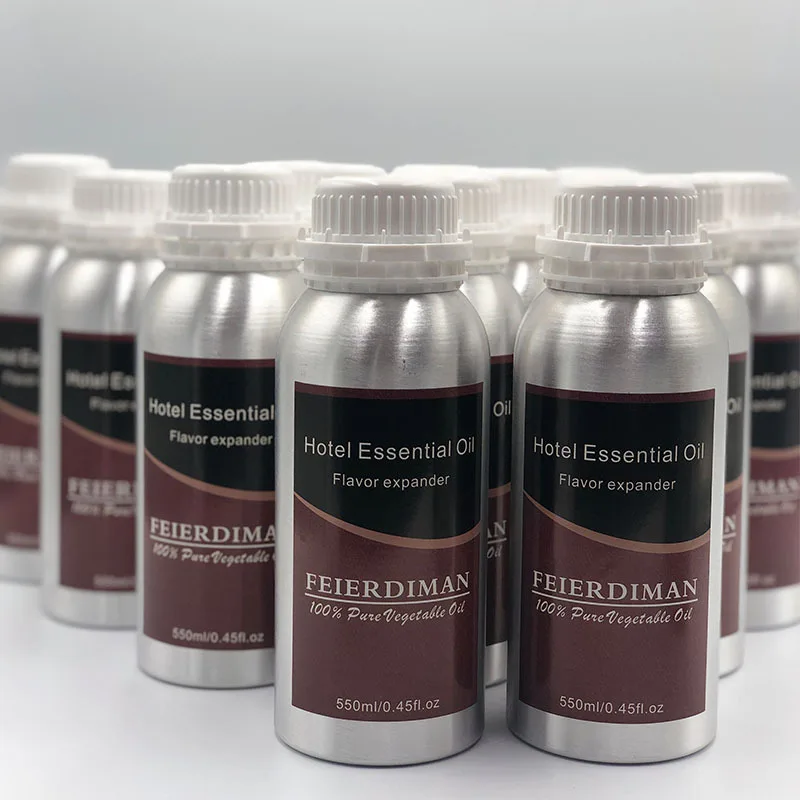The Pressure is On!
Pre-roll demand continues to surge—surpassing $5 billion in U.S. revenue last year—but the supply chain behind the cones that make them possible is fragile. Overseas labor, shifting tariffs, and logistics have driven costs up, leaving many producers scrambling to protect margins while managing large MOQ’s and lead times.

Historically, a cone costing three cents with massive orders or as much as eight cents in low volumes might make up the bulk of a pre-roll’s cost of goods. Double that with a tariff, and the math collapses. In an industry already running lean, these dynamics threaten the momentum of one of cannabis’s fastest-growing categories
A Domestic / U.S. Answer: Swiss Cones
Accelerant Manufacturing saw this storm coming—and built a solution. This summer, the company opened its 110,000-square-foot facility in Iowa, and that’s now the home for the first automated ‘Swiss Cones’ machines in North America.
By producing cones domestically, Accelerant has created a tariff-proof, scalable, and faster supply option for pre-roll manufacturers coast to coast. The first products, the premium ceramic-tipped 109×26 cones, will be followed quickly by white and natural paper-crutched options, custom crutches, cigar-style banding. The ceramic-tipped cones they’re making today also have the ability to be laser-engraved with unique IP for artistic branding, serial numbering, QR-codes, and anti-counterfeiting.
This new intellectual property for laser-engraving helps pre-roll catalogs evolve from commodity SKUs into differentiated, premium products.
Automation Beyond Paper

The Iowa facility is only one piece of a broader shift. Accelerant is building a full ecosystem of American automation. From their GrindPRO mills (made in their Maryland facility) and their CoatPRO for the automation of kief-coating (made in their Missouri facility) to the flagship PRO2 pre-roll platform. All are being manufactured in the U.S., shortening lead times and giving operators more control.
The new CoatPRO (V2) is a game-changing advancement from their original experiments in fluidization and their deployed V1 which used a spray and confection method. The V2 is a more compact system, with a broader capacity for inputs and consistent outputs of unmatched quality.
Flipping the Model: PaaS
But perhaps the most disruptive move is in how they’re deployed. Instead of forcing cultivators and processors into multi-million-dollar capital expenditures, Accelerant pioneered Production-as-a-Service (PaaS).
Under PaaS, operators don’t buy the machines. Instead, Accelerant installs and maintains them on site, with technicians moving in after installation and training local staff. The model is throughput-based: fees are tied only to production volume, aligning incentives for maximum uptime and output. Machines are even swapped annually to ensure the latest tech and fresh parts.
“It’s not just a machine—it’s a partnership,” Schuster noted.
Building a Smarter Supply Chain
Together, these moves mark a shift toward a local, lean, and resilient cannabis supply chain. By eliminating tariff exposure, slashing CapEx risk, and embedding automation expertise directly with operators, Accelerant is helping brands scale without compromise.
For an industry still in flux, the message is clear: the future of cannabis manufacturing is being built here at home, one cone at a time.





























